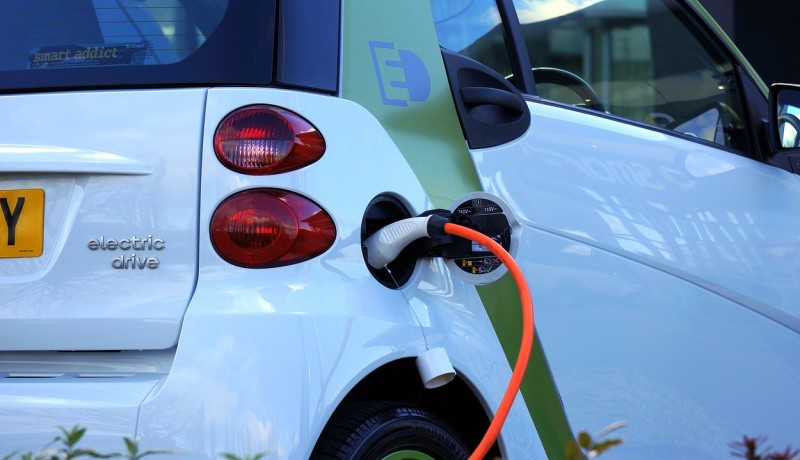All-solid-state battery has glass electrolyte

A team of engineers led by 94-year-old John Goodenough, co-inventor of the lithium-ion battery, has developed the first all-solid-state battery cells that could lead to safer, faster-charging, longer-lasting rechargeable batteries for handheld mobile devices, electric cars and stationary energy storage. The new battery is low-cost, non-combustible and has a long cycle life with a high volumetric energy density — at least three times as much energy density as current li-ion batteries — and fast rates of charge — minutes rather than hours — and discharge.
A team of engineers led by 94-year-old John Goodenough, co-inventor of the lithium-ion battery, has developed the first all-solid-state battery cells that could lead to safer, faster-charging, longer-lasting rechargeable batteries for handheld mobile devices, electric cars and stationary energy storage.
The new battery is low-cost, non-combustible and has a long cycle life with a high volumetric energy density — at least three times as much as current li-ion batteries — and fast rates of charge — minutes rather than hours — and discharge.
Contrary to the liquid electrolytes used in standard li-ion batteries, the new battery relies on glass electrolytes allowing the use of an alkali-metal anode. In today’s batteries dendrites may form at the anode that, when they reach the cathode, create a short circuit which in turn can lead to explosions and fires. The alkali-metal anode does not allow for the formation of dendrites, making it a much safer solution.
Source
Image: public domain
The new battery is low-cost, non-combustible and has a long cycle life with a high volumetric energy density — at least three times as much as current li-ion batteries — and fast rates of charge — minutes rather than hours — and discharge.
Contrary to the liquid electrolytes used in standard li-ion batteries, the new battery relies on glass electrolytes allowing the use of an alkali-metal anode. In today’s batteries dendrites may form at the anode that, when they reach the cathode, create a short circuit which in turn can lead to explosions and fires. The alkali-metal anode does not allow for the formation of dendrites, making it a much safer solution.
Source
Image: public domain
